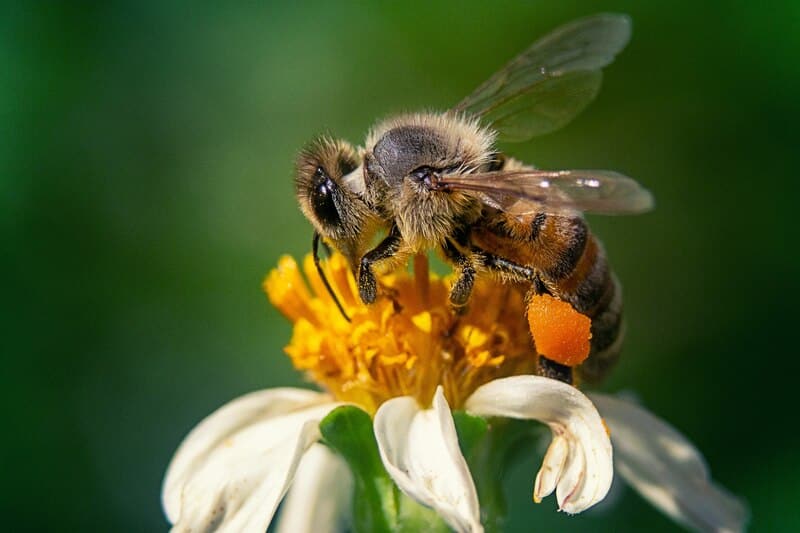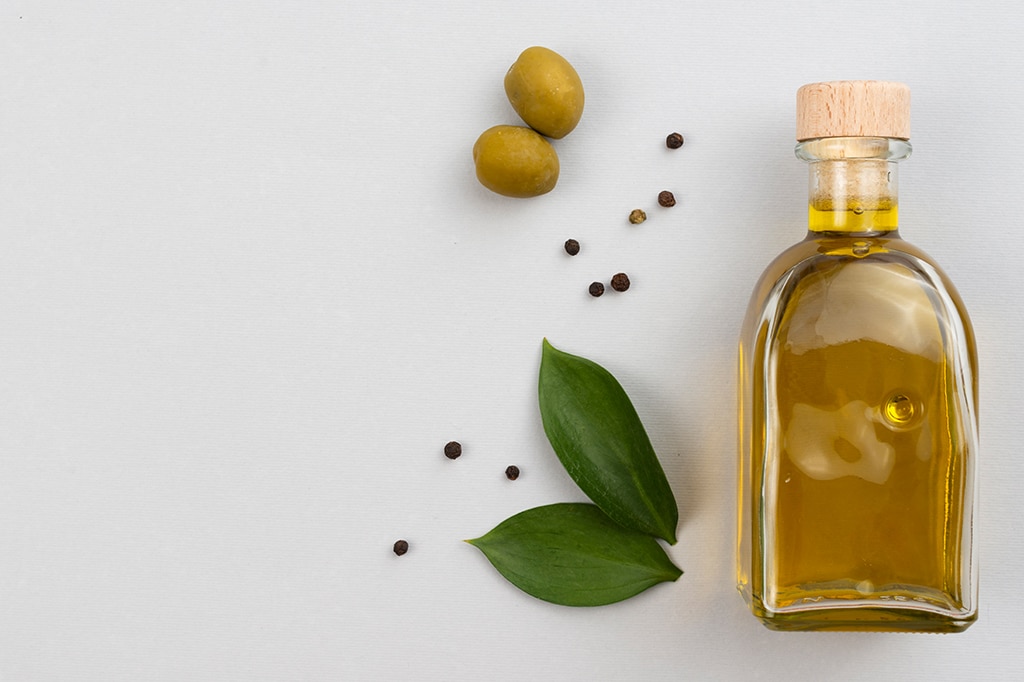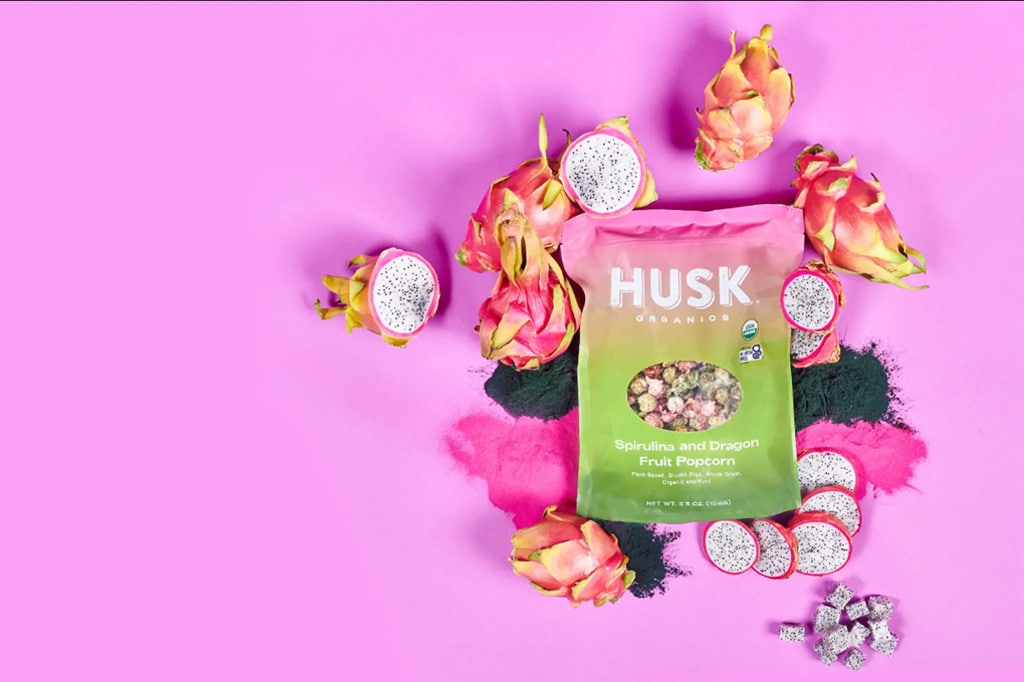Bees and humans have a long-standing relationship, and today they require our help more than ever.
In Manchester, one of the largest northern cities in the United Kingdom, there are bees everywhere. Not only physically in parks and gardens, but also metaphorically on seats, structures, bollards, and even trash cans.
The humble worker bee (which is the tiniest of all honey bees and is invariably female) was adopted as the city’s symbol over a century ago, and many Mancunians view it as a symbol of their core values. Ultimately, bees work hard, collaborate, and produce value.
The city of Manchester is not on its own. Since ancient times, humans have had a bond with bees. Ancient Egyptians believed they had religious and spiritual importance, but many Europeans of the 19th century viewed them with superstition. In the ancient tradition of “telling the bees,” for instance, individuals would inform bees about the passing of a loved one. (If they did not, they worried about incurring additional losses.)
We continue to have a particular relationship with bees in the year 2022. However, it is not only a matter of spirituality and superstition. We must have them to survive.
Bees are responsible for our food supply’s pollination. In fact, one out of every three bits of food we consume is due to bees. In addition, they benefit ecosystems by promoting plant and tree growth. In Europe, around 80 percent of wildflowers are pollinated by bees.
But bees are in decline. And, although we have always revered them, the majority of that is our fault.
Impact of pesticides on bees
The constant use of pesticides is one of the greatest hazards to bees. The term “pesticides” refers to chemical sprays, treatments, and pellets used by farmers to control insects, weeds, and fungi.
In 2012, a pioneering study revealed that these pesticides were causing a severe loss of honey bees in both the United States and the United Kingdom. It’s hardly surprising, since many of these compounds are intended to kill insects, and bees are insects.
Ten years later, chemicals continue to pose a significant problem for bees. In a study published earlier this month by the University of Oxford, it was determined that they affect the neural systems of bees, impairing their coordination and making them appear “intoxicated.”
Dr. Rachel Parkinson, the study’s primary author, noted that the capacity of bees to respond effectively to visual input is vital for their flying and navigation. Therefore, their survival.
Pollution and biodiversity loss
However, chemicals are only one of the many significant challenges bees face. Air pollution is another major contributor to bee decline. Recent research conducted over three years predicted that in India, pollution could eradicate all honey bees.
The research focused on bees in Bengaluru, one of the most polluted cities in the country. Scientist Geetha Thimmegowda told Science that the insects were covered in “all sorts of filth and debris.” Some even included residues of dangerous elements such as arsenic and lead. Four out of every five bees that collected pollen from the city’s most polluted locations perished within one day of gathering, according to the study.
In addition to pollution and other problems, bees also face habitat loss. According to Friends of the Earth, the United Kingdom has lost 97 percent of its wildflower meadows since World War II due to intensive agriculture and urban growth.
“It is more critical than ever that new urban development, such as houses, avoids damaging important habitats, such as the last wildflower meadows,” a nonprofit organization states. In addition, it must include a ‘green infrastructure that can provide enormous benefits to bees and other species.

How to aid the honeybees
A significant portion of effective bee preservation ultimately depends on the law. The Wildlife Trusts warned earlier this year that the UK government was endangering bees by allowing the use of thiamethoxam, a previously banned insecticide that is harmful to bees.
Matt Shardlow, CEO of the insect charity Buglife, stated at the time, “It is a disgrace that no action has been done to guarantee that bee- and wildlife-killing insecticides are adequately assessed as pollinator-safe before approval or derogation for use.”
Joan Edwards of the Wildlife Trusts stated, “It is a clear breach of pledges made to conserve the natural world at a time when ecological declines are worse than ever before.”
Nevertheless, despite government shortcomings, there are measures we can all take to aid bee populations. Here are just a few ways in which we can contribute to the protection of these vital pollinators.
- Establish a bee-friendly garden.
If you have a garden or any other outdoor place, you may make it more attractive to bees.
Consider the type of flowers you plant first. Pollen- and nectar-rich flowers, such as lavender and vipers bugloss, are preferred by bees. Wildflower seed bombs, which include a mixture of nectar-rich wildflowers, are also available for purchase. Simply scatter them in your garden and wait for the grass to grow.
Additionally, you might create or purchase a bee hotel, which comprises little hollow holes for bees to shelter and nest.
Lastly, avoid toxic substances. To eliminate weeds, use techniques such as hand-pulling or splashing hot water. Use insecticides only at night, when bees are not actively foraging in your garden. Some solutions are friendlier to bees. Spectracide Weed Stop For Lawns, for instance, contains atrazine, making it less hazardous to bees.
2. Opt for vegan honey
Although humans appreciate honey (the global market is worth more than $8 billion), bees do not create it for us to spread on toast and add to smoothies. They require it for themselves, as it supplies an essential source of nourishment throughout the winter.
However, it is possible to obtain honey without harming bees. Vegan honey is increasing in availability. Vegan Honey, a firm established in the United Kingdom, produces gluten-free, vegan, and cruelty-free honey using fruit sugar and fruit juice.
Other products include Honea, which uses sugar and fruit juice to generate an identical-tasting honey-like material, and Coconut Merchant, which creates vegan honey from pure coconut nectar.
3. Watch for exhausted bees and assist them.
Like humans, bees have busy lives and become exhausted. This occurs more frequently in urban environments because there are fewer flowers and plants for bees to recharge at before returning to the hive.
If you are concerned about an exhausted bee, you can revive it with sugar water. Nonetheless, care must be taken. The sugar solution is a one-time remedy for a single exhausted bee. Leaving it out in the garden permanently may cause more damage than good.
Beevive, a 2019-launched bee protection brand, explains: “Unlike nutrient-rich pollen and nectar, this solution will not adequately nourish bee larvae and can also breed bacteria over time. Putting these out for bees will teach them to avoid pollinating the flowers there.”
However, sugar water may be sufficient to save a single bee in need. Obtain a spoon and place the solution (consisting of two tablespoons of white sugar and one tablespoon of water) next to the exhausted bee.
Alternatively, you can get sugar water accessories for your keys so that you are always prepared.
4. Buy local, organic produce
As has already been proven, pesticides are bees’ nemesis. To avoid purchasing produce that has been treated with chemicals, opt for local, organic produce. (Or cultivate your own)
According to the Soil Association, organic food is produced without pesticides, which is beneficial for humans as well as bees.
According to the organization, “scientists increasingly feel there is no safe amount of pesticide exposure for people.” Even minuscule amounts that the government currently deems safe may be harmful to human health.”
5. Contribute to bee conservation initiatives
The bees require every available assistance. Fortunately, there are several groups devoted to assisting in their conservation.
Donating to groups like the Soil Association, Friends of the Earth, the Wildlife Trusts, Buglife, and the Bumblee Conservation Trust, if you have the resources, is a crucial way to guarantee that these valuable insects receive the assistance they require.








